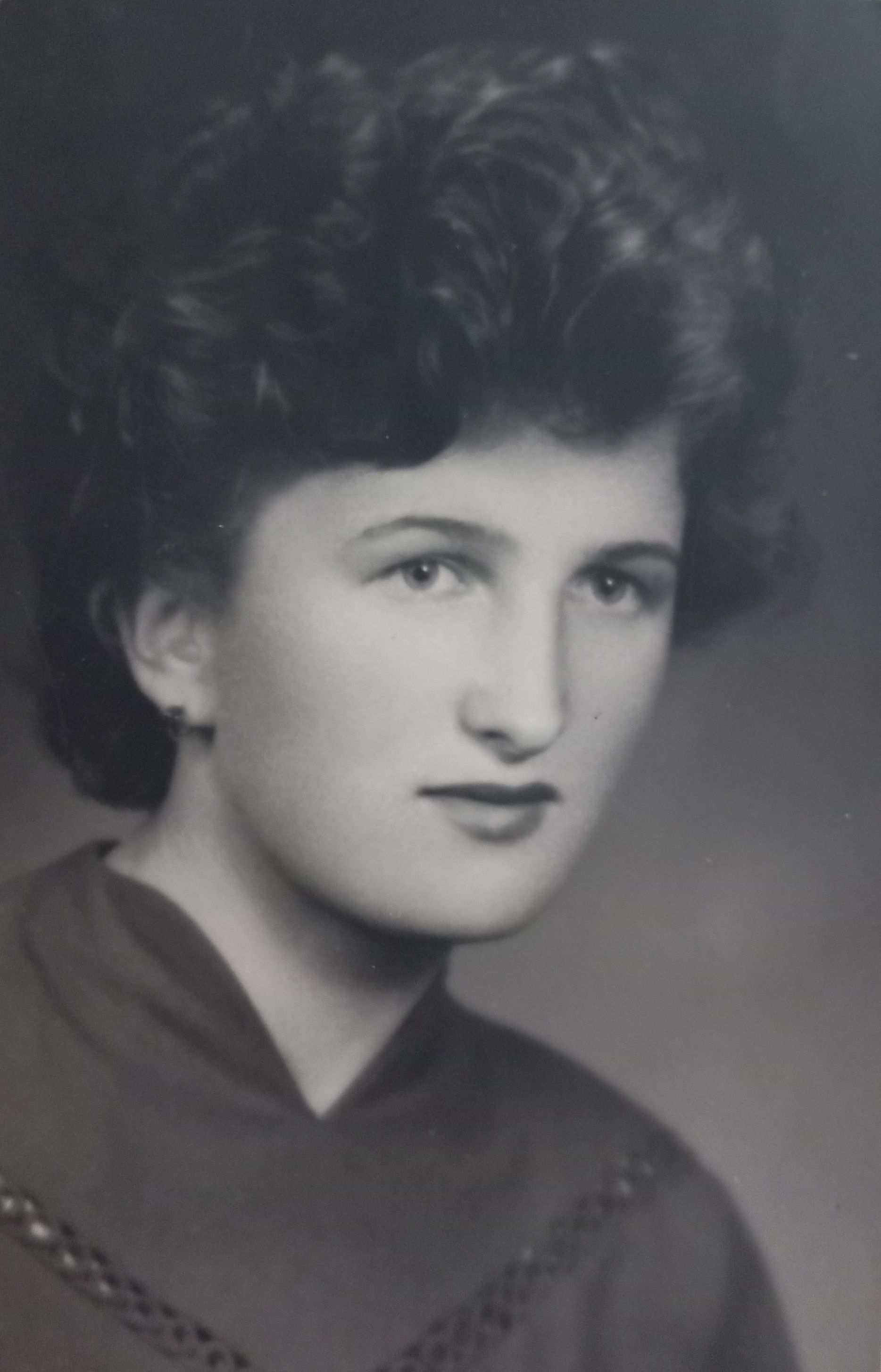The whole village must have agreed that she would start the secondary school of economics.

Stáhnout obrázek
Marie Lukešová, née Hrbková, was born on 20 September 1941, the second daughter of František and Marie Hrbková. She spent her childhood in Chmelná near Pelhřimov, where the family owned a farm of 12 hectares. Her parents brought her up in a Christian spirit. At the age of three, she saw Leskovice burn - the village where the Nazis murdered 25 people and burned many houses on 5 and 6 May 1945, at a time when many places in Czechoslovakia were already celebrating liberation. It experienced the liberation of Chmelná by the Red Army. Her parents were neither in the Communist Party of Czechoslovakia (KSČ) nor did they sympathize with communist politics. After 1950, the communists started to establish a unified agricultural cooperative (JZD) in Chmelná, which the Hrbeks did not want to join. For their resistance they were punished with liquidation supplies. They joined the cooperative later, under pressure. Marie Lukešová did not want to stay in agriculture. In order to enter the secondary school of economics in Velké Meziříčí in 1956, she had to obtain the blessing of all the inhabitants of Chmelná. In 1960 she joined the District National Committee (ONV) in Pelhřimov. She did not join the Communist Party of Czechoslovakia, but she struggled with offers to join the party almost all her working career. From 1968 until her retirement she worked as a budgeter in the economic department of the Department of Education in České Budějovice. At the time of filming (2024) she lived in a home for the elderly in Kaplice.












